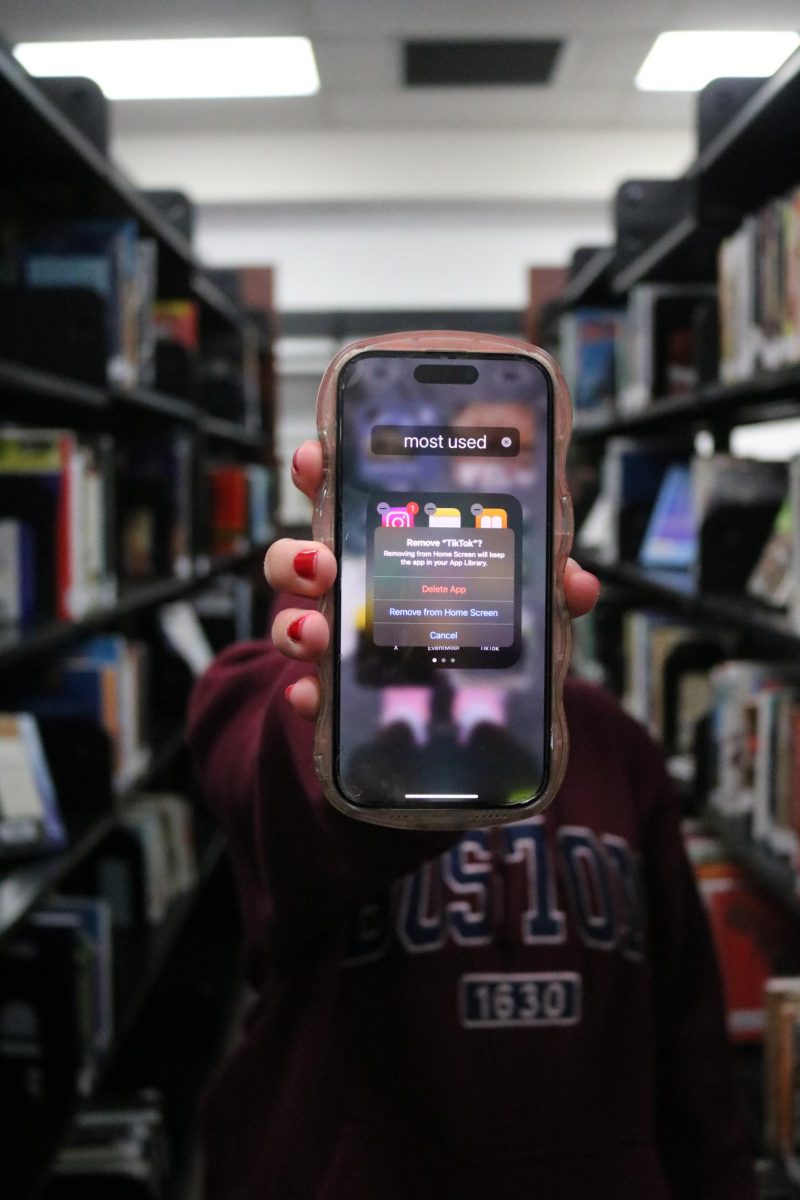While some seniors are still frantically trying to fill out the Common App and starting to send in their applications, the rest, who already sent that information in, get to wait anywhere from two weeks to a couple months in anticipation of getting into the college of their dreams or facing the harsh reality of a rejection.
All through high school, students are aware that the time is ticking down until they have to find out what they want to do with their life, although it doesn’t really seem real from many until the rush of senior year. As senior Maya D’Souza stated, “It really hit me this year when I started my applications.”
Teachers start being mobbed for teacher recommendation letters. Students cram in their homework and try to keep good grades in their classes while starting up the Common App. Colleges requiring an essay add a little more stress to the mix and, if that isn’t enough, sports and clubs could take up another 2-3 hours on average a day that could be used for perfecting the essays and reducing the stress of the college cram.
“During the process of doing college apps, I was wrapping up the earning of my Eagle rank in addition to what I always have on my plate: band, lots of schoolwork, and a number of my own projects. I managed these things by punctuating when I do each activity and focusing as deeply as possible during each one,” senior Nick Minor explained.
LHS College Counselor Ms. Amy Belstra informs juniors how to reduce the stress of senior year: “We encourage students at the end of junior year to start asking teachers for letters of recommendation so that teachers can work ahead on that if they choose. To ask a teacher a week before it’s due to write a letter of recommendation is a really bad idea.”
Seniors wish that they had started to prepare earlier before the rush of senior year and give some candid advice to juniors: “Try to narrow down your list of colleges so that you can focus on applying to schools that interest you. Start writing or brainstorming ideas for essays in the summer,” D’Souza counseled juniors.
At the start of the year, seniors come to school eager to enjoy their last year of high school and help senioritis live up to its name. Little do the seniors foresee the stress of senior year.
Before the college application process starts up, though, seniors need to know what colleges weigh the most heavily when they look at potential students who want admission. Ms. Belstra tries to help students understand what colleges look at the most for admission.
“Number one is your classes. Colleges look very closely at the rigor of your curriculum. Second would be your grades. Third would be test scores,” Ms. Belstra explained. “After that, then, it’s your essay, letters of recommendation…It’s like what you have to say about yourself, what others have to say about you, and then your activities come into play.”
The seniors may have to fill out the Common App, depending on whether their schools require that or not. If the schools that they are applying to don’t accept the Common App, then they have to do other requirements separately for their colleges.
In the Common App, the seniors directly send their SAT and/or ACT scores, fill out an application, send the transcript, include letters of recommendation, and write an essay, all of which get sent directly to the colleges that receive the handy app.
Ryan Tang, a senior, likes and dislikes parts of the Common App: “It’s really nice that a lot of schools use it, but at the same time, it’s kind of hard to use. You don’t know where to put certain things. Does this go into extracurricular? Does this go into information?”
Holly Wong, a freshman at Lake Forest College who got into that school using the Common App, corroborates that “the pros of the Common App are that you can send the same application to multiple colleges and it is easy to send. In one word, I would call it convenient; however, if there are struggles in the topics of the essays or you just don’t like it, you really don’t have a choice.”
Then, the seniors get the privilege of waiting in terrified anticipation for the college to respond.
Even if seniors get into the college of their choice, they still have the stress of not knowing what classes they are going to take, what they want to major in, if they are going to like the other students and teachers, and if they are going to be pulling all-nighters every single night or not.
However, there are many positives involved in the move to college. For example, greater freedom and independence, the chance to make a new life and image in college, meeting new people and gaining opportunities to work in the real world through college programs. Plus, many colleges have excellent study abroad programs, which appeal to various people, and can enrich a student’s knowledge of other cultures around the world.
“I am looking forward to flourishing with new independence, new resources, new access to accomplished and inspiring people, and a newfound ability to build my own life around discovery, perpetual learning, and adventure. College will turn me into the version of myself that I’ve been chasing my whole life,” Minor explains.
Tang described conflicting views on going to college: “One of the biggest pros, I think, is that the world is not like Libertyville High School, it’s not this insulated environment. I think that seeing a lot of new perspectives from all around the world will be pretty cool. But then, leaving this environment, many people will want to run away from home, but at the same time, you are going to miss it. Going to a completely strange new land without a single soul you know is a little daunting.”
There are many stressors for college, some of which include the first time being truly independent from family, possible conflict with roommates, how to manage relationships in college, both dating and friends, the possibility of sexual assault and time management.
To help prepare for the stress of college, the CRC puts out a pamphlet from Bed, Bath, and Beyond that contains a list of things to bring and not to bring to college, as well as leads various different clinics about college.
On Friday, December 19, there will be a new event called College Cats Return, where new college students will come back from college on their winter breaks to talk to current seniors and juniors about what college is like, giving them a first-hand account. This will take place during the lunch periods of 4-7 in the library classroom. There will be food provided by the Parent Cats so there won’t be any need to go out and get food.
To reduce the stress and stimulate the excitement of college, the CRC will host many Lunch and Learns toward the end of April where they will discuss different aspects of college life — from roommates to time management — in order to help students mentally prepare for college.
As former seniors know, it is best to start early.
“Every year as the seniors exit, we give them a survey and one of the questions is what is your advice to juniors? And almost to a person, they say start early. That means start thinking about those big questions: Who am I? What would be good for me? Where should I go? That way when you get to senior year, you are ready,” stated Ms. Belstra.
Juniors were highly encouraged to attend Cats to College: Part One on November 18. This clinic addressed the more general aspects about college and information that every prospective college student should know. They also had a segment at the end where Ms. Belstra interviewed some current seniors for details on their progress in the college process.
Lucy Zeng, a junior, appreciated the clinic as she “thought it was very helpful because it gave me an idea of what to look for in a college. It was nice to hear advice from seniors.”
After that, there is Cats to College: Part Two in March, which Ms. Belstra wants all juniors to attend since “college representatives from all over the place to do sessions, and it’s awesome because we have people who talk about large versus small, what’s a liberal arts college, and how to write your college essay. We do about five different breakout sessions which are run by the experts.”
On an ending note, Ms. Belstra drives home the point: “Seniors, you are going to be okay, but if you need help that’s why we are here. Come see me in the CRC. Don’t be afraid. It’s really not a scary place.”



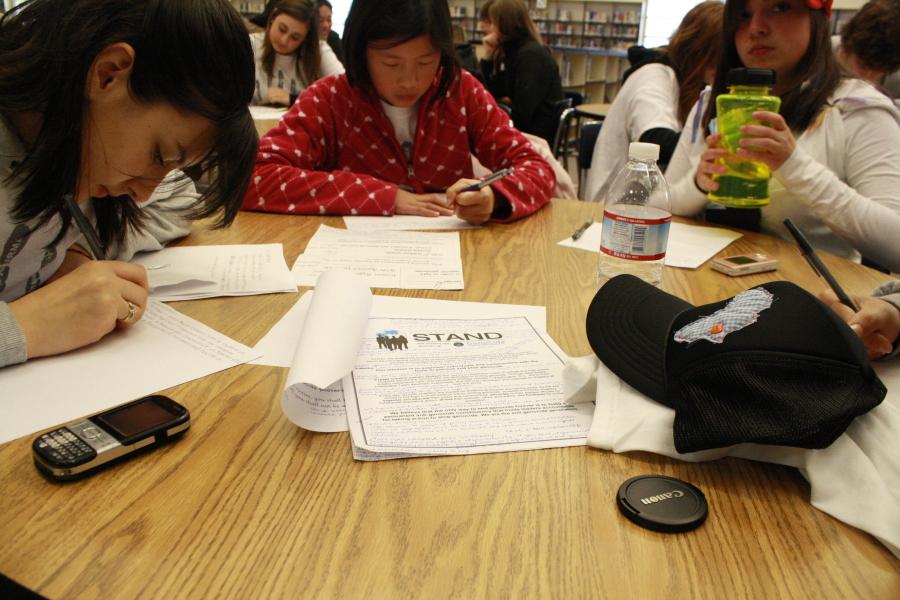

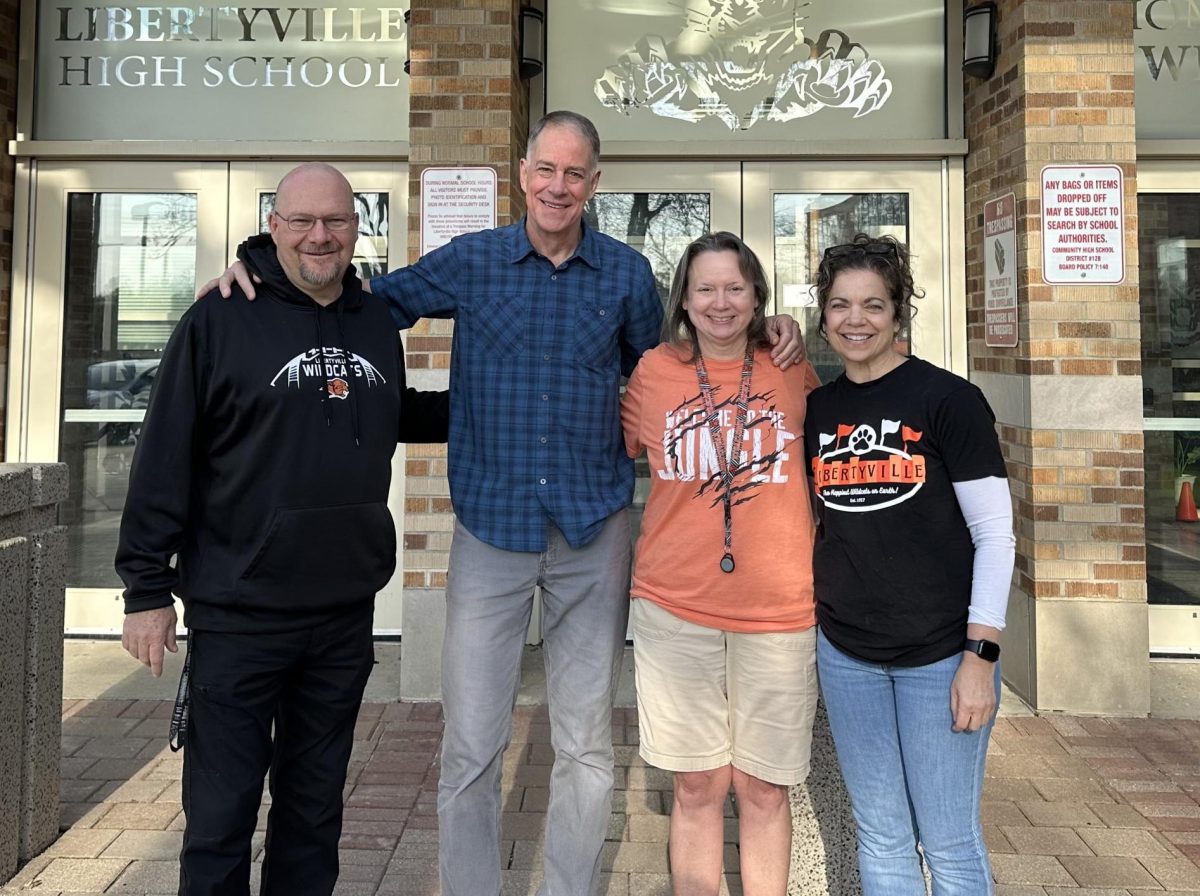

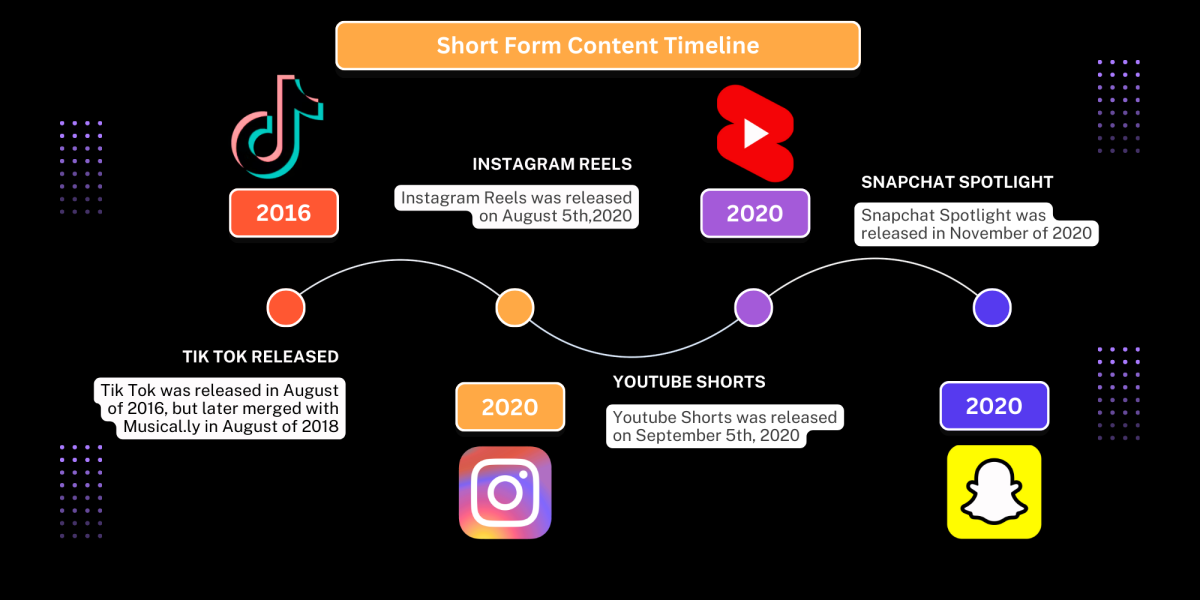

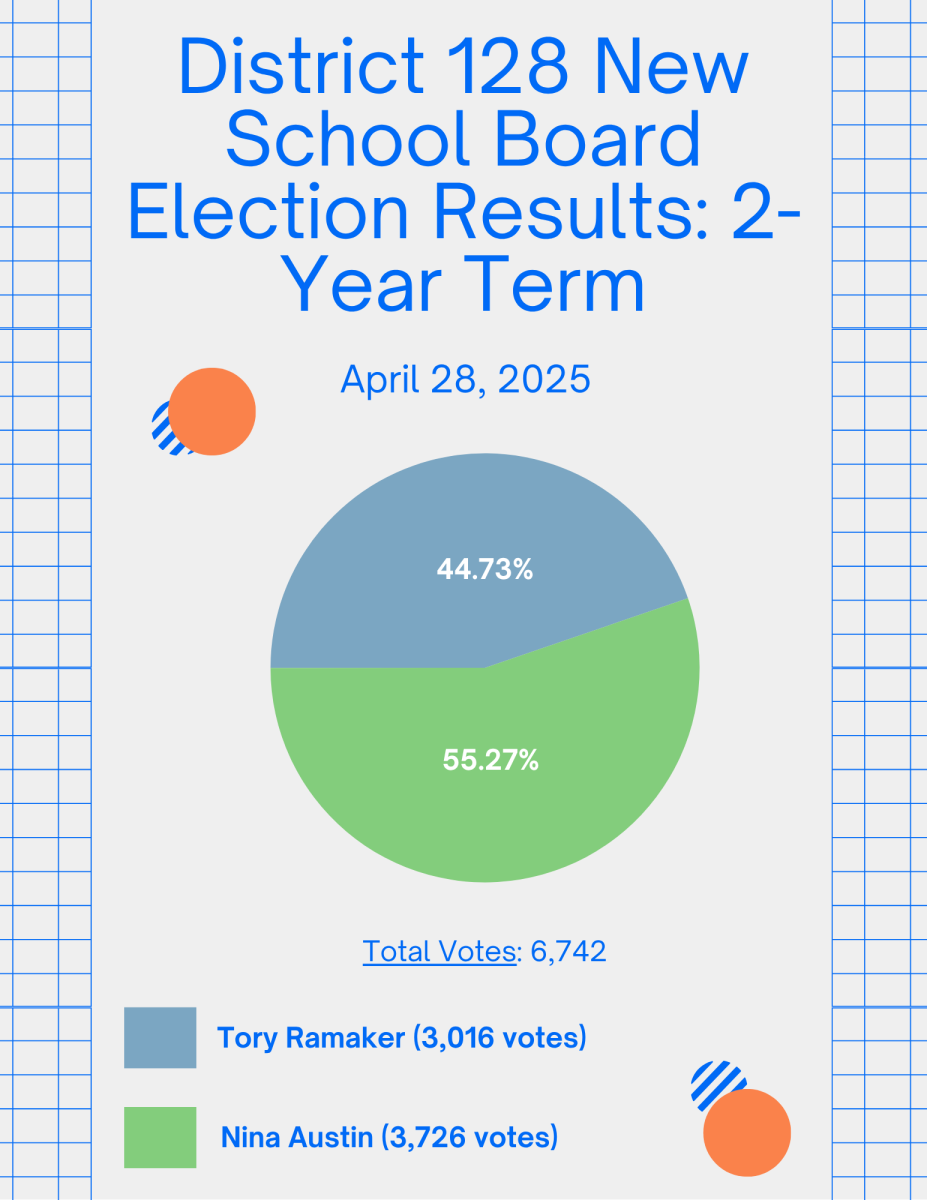
![Mr. Abullh Ali, manager/assistant, helps open Queen Yemeni Coffee in downtown Libertyville at 606 North Milwaukee Ave. With the help of employees such as manager and LHS senior Yousef Taha, they are able to bring the Yemeni and Ethiopian culture to Libertyville by using their Queen spices, cinnamon and cardamom in their drinks such as Adani Chai, which is inspired by Sheda, the Queen of Yemen and Ethiopia. “The history of our coffee [is] a long history and we believe that Yemen and Ethiopia started the coffee and we are bringing something unique to the community,” Mr. Ali said.](https://www.lhsdoi.com/wp-content/uploads/2025/04/Photo-1-1200x800.jpg)


